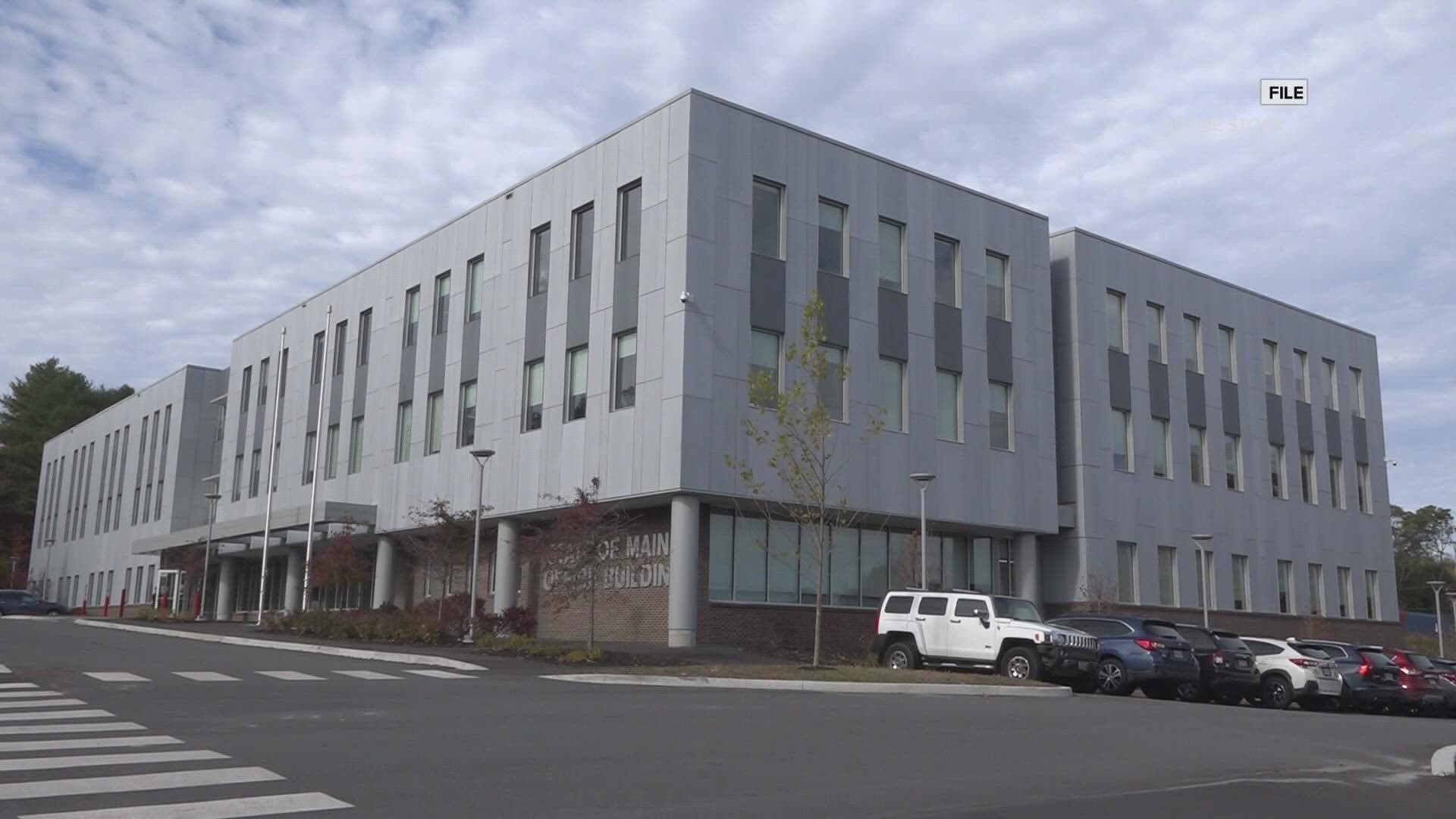AUGUSTA, Maine — Maine's Department of Health and Human Services announced new actions Tuesday it plans to take to improve the child welfare system.
The announcement comes after the state commissioned Casey Family Programs to review the state's Office of Child and Family Services.
The department announced responses to five of seven recommendations, with intentions to respond to the other two.
- Work with hospitals and law enforcement to make sure hospital staff share enough information about a child with officers in a timely manner. Doing so can help officers communicate to child welfare staff the info they need to make sure the child stays safe.
The department plans to have a roadmap and training by January. - Develop guidelines for clinicians like doctors or therapists who help parents struggling with mental health or substance use disorders. The report found health care workers helping parents with these issues were less likely to coordinate with child welfare staff.
The goal is to improve information sharing and have the guidelines done by winter. - Clarify guidelines on how to hold family meetings to best support child safety. The report said child welfare staff needed consistent practices and more clarity on what their roles are.
The department plans to finalize the policy by November of this year. - Review the "stand-by" and "after hours" staffing. The Department says it changed these practices in October. Specifically, they said they added more staff on weekends and holidays, adjusted the length of shifts, clarified expectations for workers, and better defined the roles while working these shifts.
Leaders plan to revisit this workgroup in January, with the help of Casey Family Programs. - Develop a parent mentor program. The department wants to engage with parents more, one area the report says DHHS fell short.
Leaders will add more parents with "lived experience in child welfare," such as foster parents, to the training teams by January.
In a statement, Todd Landry, Director of the DHHS Office of Child and Family Services, said, "there is no higher priority than keeping Maine Children safe. Our child welfare staff are devoted to this responsibility and we continue to do all we can to support them in their critical work."
Senator Bill Diamond said he feels these action steps do not go far enough, saying the department went through a similar review and issued similar promises two years ago. Dan Despard, Senior Director for Systems Improvement for Casey Family Programs, who issued the report, is a former director of child welfare within Maine's Office of Child and Family Services.
"Did it take these deaths to do these common-sense sort of things? That's what bothers me. I think the attitude is still that 'we're going to improve on an on a pretty good system, when in fact, takes a lot more of improvements on a good system the system is broken," Diamond, D-Windham said. "There's a lot of meetings and gatherings and workgroups and all that goes with that. And we've seen that before. So this seems to me like this still floating along the surface and they're not getting into the real heart issues of 'what are they going to do when they walk in that door with this little baby or child? How are they going to determine whether or not they should stay? That child should stay there? And how are they going to follow up?"
Maine is implementing its Federal Family First Prevention Services Act plan.
The federal government approved that plan in September. It will expand prevention services to help keep children and families healthy and safe and prevent the need for children to come into the care and custody of the state.
Maine is the first New England state to gain approval to implement Family First. The state will receive about $2.4 million in federal funding each year.

